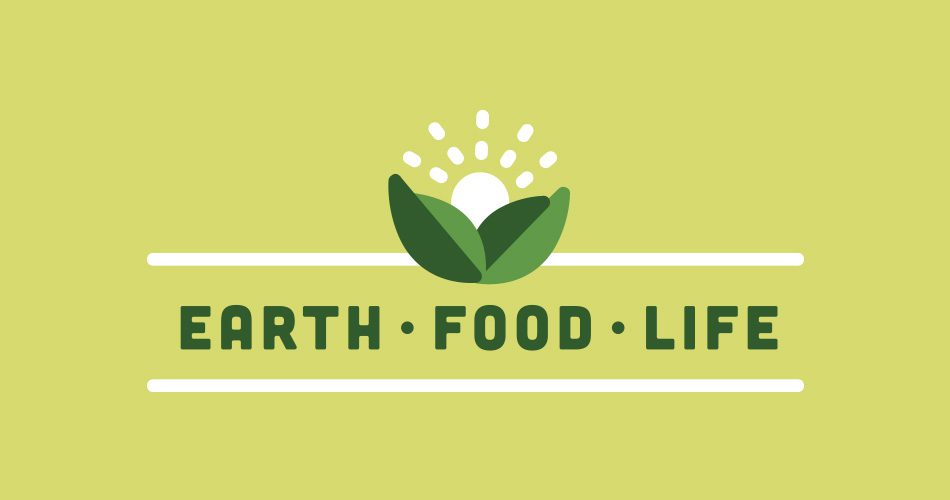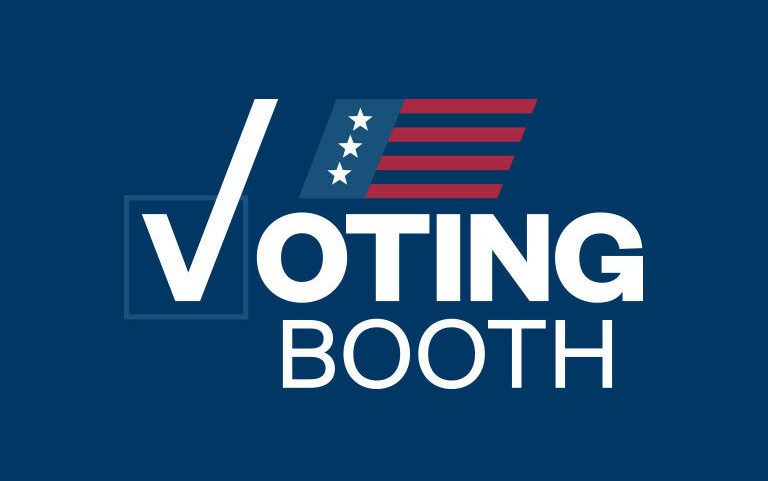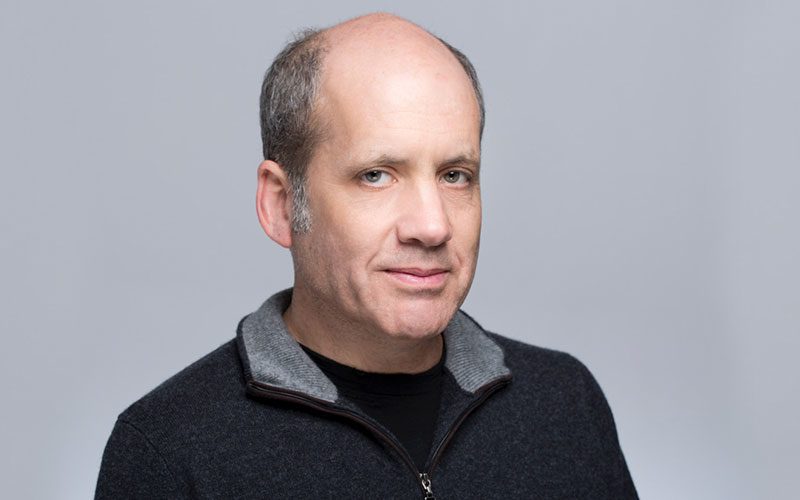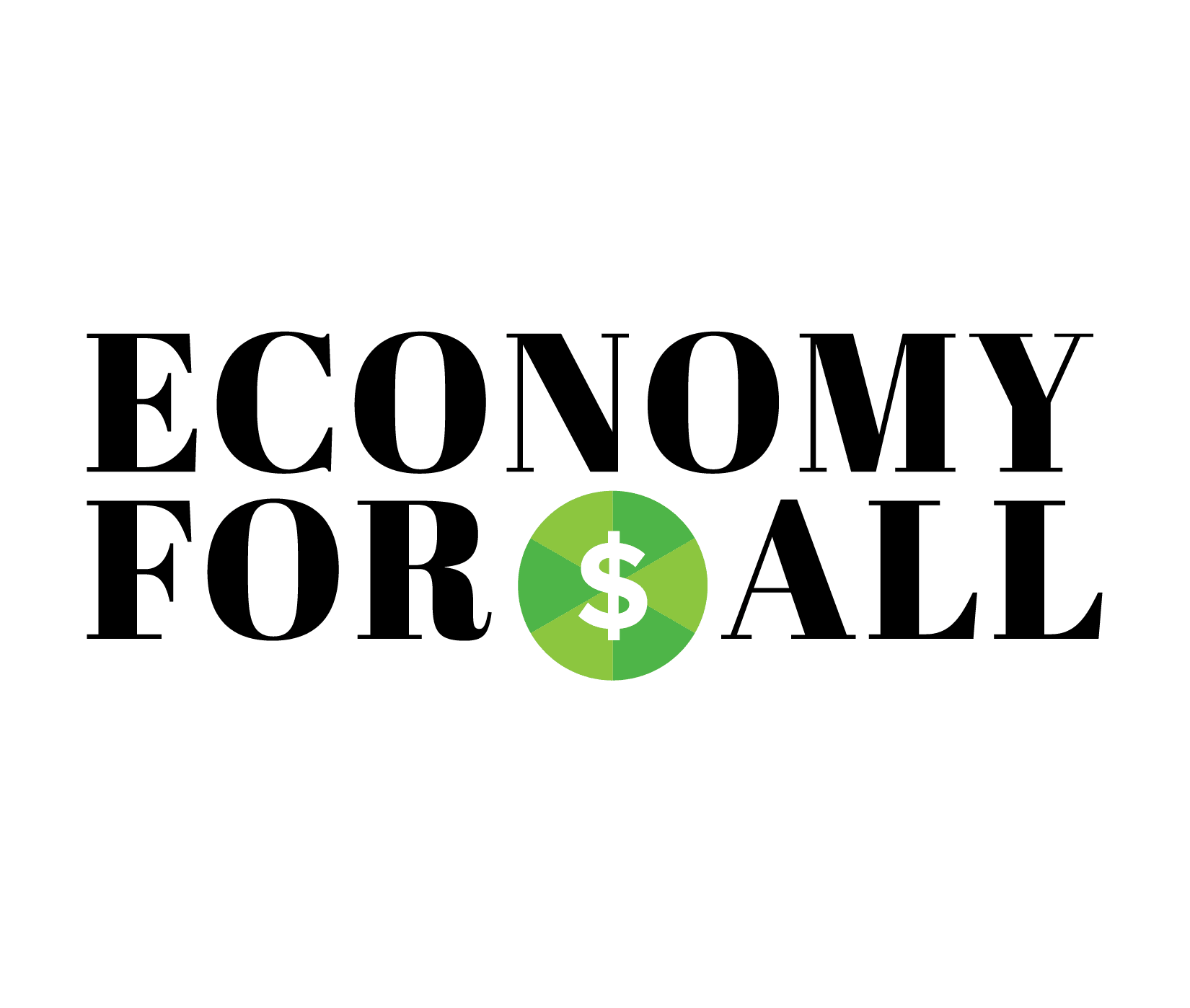The number of serious challenges a society faces at any given time can range in the dozens—citizens with the energy to help address them have to pick their battles, usually on the basis of emergency or opportunity. In the case of plastics pollution, it’s both.
The world has shown many signs of waking up to the reality that what was perceived as a wunderkind of a material is in fact a nerve poison, a hormone disruptor, and a carcinogen… toxic to all creatures. The well-meant but low-impact initiatives to reduce individual consumption are giving way in Europe and the U.S. to push for change where it matters most—regulating the manufacturers and their partners, the fossil fuel industry. The big organizations we have, such as the UN and the OECD, are finally getting on the case. It’s needed. All signs point to a sea change in human attitudes to plastics. There are no easy solutions to this complex problem, but reducing harmful plastics production is a realistic goal. And an important start is to interrogate corporate half-truths as well as untruths.
One element of the plastics paradox facing humanity that the industry’s corporate messaging campaigns have abused is that although plastics production is known to endanger our health, plastics are also used to fabricate tools and devices used by the medical, health, and laboratory industries, ranging from surgical gloves to single-use products used to prevent contamination and the spread of disease.
IMI’s Earth | Food | Life has been on the plastics beat for years now, and we were happy to get the work of Alice Mah, a professor of sociology at the University of Warwick, circulated into the media by producing and syndicating an adapted excerpt from her new book, Plastic Unlimited: How Corporations Are Fuelling the Ecological Crisis and What We Can Do About It. Read it. You’ll learn along the way that plastics manufacturers frequently “ignore issues of toxicity altogether.” Mah writes that “toxic hazards from plastics remain disproportionately located in minority, low-income, and working-class communities.” While some companies have been held accountable for negligent toxic waste and pollution, most continue with business as usual. “Despite the risks and negative social and environmental impacts,” Mah writes, “corporations across the plastics value chain will deploy whatever tactics they can in order to create, protect, and expand plastics markets.”
Look out for much more coverage from us on the topic, including the alternative materials humanity can make use of to replace plastic.
Meanwhile, don’t miss the great work coming out from IMI’s other projects, and the fantastic journalists and experts who contribute their work to them:
 |  |
The self-destructive delusion that we are the only species that has a right to life on Earth is what has led to the ecological crisis, according to an excerpt adapted by Earth | Food | Life from Ways of Being Alive by Baptiste Morizot, a writer and lecturer in philosophy at Aix-Marseille University in France. It is precisely Western ‘naturalism’ that disrespects nonhuman animals and the entire natural world.
Morizot takes readers on an existential journey exploring how Western religion separated the environment from the divine, going so far as “to make Nature profane,” and leaving “human beings to find themselves as solitary travelers in the cosmos, surrounded by dumb, evil matter.” This limited mindset enables the exploitation of the Earth and its nonhuman living inhabitants for economic reasons—but it is based on a myth, one that takes “away from that world something it had always possessed.” The solution is to restore meaningful communication between ourselves and the living world, as Morizot writes: “The ever-intact enigma of being a human is richer and more poignant when we share it with other life forms in our great family, when we pay attention to them, and when we do justice to their otherness.”
The U.S. Department of Agriculture has failed the animals Congress intended to protect under the Animal Welfare Act (AWA), writes Nancy Blaney, director of government affairs at the Animal Welfare Institute, writes Nancy Blaney, director of government affairs at the Animal Welfare Institute. Citing two high-profile examples of the USDA’s documentation of extensive animal suffering—Minnesota-based Moulton Chinchilla Ranch (MCR), the only USDA-licensed supplier of chinchillas for research, and Iowa dog breeder Daniel Gingerich—she writes, “there needs to be political will to ensure that the USDA will stop allowing facilities to remain persistently and egregiously out of compliance with the AWA regulations and start taking action sooner—not merely when a case becomes highly publicized.” From 2016 to 2020 (while Trump was in office), there was a 67 percent drop in the number of AWA inspections where citations were documented, according to the Animal Welfare Institute’s research. While more bills are being introduced to protect animals, such as the Animal Welfare Enforcement Improvement Act, protecting animals from unscrupulous dealers and closing loopholes in the USDA’s licensing process, animals deserve stronger protection with greater accountability for violators. “If the USDA continues to neglect its responsibilities, then the only way to adequately protect nonhuman animals may just be for Congress to empower another federal agency to safeguard animal welfare,” writes Blaney.
 |  |
“Defeating Trump Republicans in 2022’s general election is seen by… advocates of fair elections and representative government as the most tangible line of defense before the 2024 presidential election,” writes Voting Booth’s Steven Rosenfeld. Momentum is growing for holding Donald Trump and his supporters in the Republican Party legally accountable for criminal activities tied to their effort to violently overturn the 2020 presidential election, and yet, scores of Trump Republican candidates still won’t accept the outcome.
Trump made a slew of Republican endorsements in the recent primaries, among them Harriet Hageman, who won Wyoming’s GOP House primary against one of Trump’s fiercest Republican critics, incumbent Rep. Liz Cheney. In GOP-majority state legislatures, Rosenfeld writes, some pro-Trump Republicans used lies that the 2020 election was stolen to demonize Democrats and to pass new laws criminalizing small errors in the bureaucratic tasks conducted by election workers and established get-out-the-vote routines by campaign volunteers. Violent threats against election officials have escalated. In Wisconsin, a Trump-supporting sheriff in suburban Racine County is refusing to investigate pro-Trump activists who forged online ballot requests, and more than 60 percent of secretary of state contests, whose responsibilities include overseeing elections, and 40 percent of races for governor and attorney general “currently have an… [election-denying] candidate on the ballot,” States United Action reported on July 28, underscoring their undeniable threat to democracy.
American voters have heard less about the Democratic candidates running against the election deniers, especially in battleground states. Rosenfeld spoke with Adrian Fontes, the Democratic nominee for secretary of state in Arizona, where election deniers recently won the GOP primary for governor, attorney general, and secretary of state. In 2020, Fontes was the top election administrator in Maricopa County, or greater Phoenix, which became a major target of Trump’s false claims and bad-faith post-election reviews. Fontes, who modernized Phoenix’s election system to help hundreds of thousands of voters during the pandemic and presidential election, shared his experience and message to Arizona voters.
 |  |
Like Trump, far-right radio show host and conspiracy theorist Alex Jones may be having his comeuppance, but also leaves behind a dangerous legacy. In the latest lawsuit brought against him by the parents of Sandy Hook victims for fueling speculation that the 2012 mass shooting at the elementary school was a hoax exploited to curb gun rights, a jury has awarded $4 million in damages to the parents of a 6-year-old killed at the Newtown, Connecticut, school. Economy for All chief correspondent Sonali Kolhatkar lays out a timeline showing how Jones has “been a central node in the constellation of far-right institutions that eroded an already fragile American democracy, feeding irrational paranoias and subverting the facts that undergird our shared reality.”
In brief, Kolhatkar’s outline begins with Jones’ promotion of the so-called “9/11 truth” movement, which paved the way for modern-day misinformation he continued to peddle. In 2015, Jones offered the power of his platform to help advance Trump’s 2016 presidential campaign, leading to a presidency that further enriched billionaires and hurt middle-class and low-income Americans. And through Jones’ media empire and Infowars, Trump unleashed conspiracies about fake shootings and conned his supporters into believing that the 2020 election was stolen. Jones has capitalized on the public’s increasing mistrust of the government and once reportedly bragged to a filmmaker about his ability to sell anything to an audience he belittled. Understanding these links, the House select committee investigating the January 6, 2021, attack on the U.S. Capitol is apparently seeking Jones’ phone records, which provided crucial evidence during the defamation trial brought by Sandy Hook parents.
Progressive activists and organizers can take lessons from the victory for abortion access in Kansas, where nearly 60 percent of voters recently defeated a ban on the procedure, writes Kolhatkar in another EFA article. “Kansas is a classic example of the large distance between where the voters and the electorate are, and increasingly where their more extremist legislators are,” says Kelly Hall, executive director of the Fairness Project, a D.C.-based organization that promotes general economic and social justice throughout the U.S. by the use of ballot measures to circumvent deadlocks in law changes by the legislative and executive branches of government. Kolhatkar points out, “It was conservative legislators who placed the abortion ban on the ballot in Kansas” with the goal to solidify the federal anti-abortion victory won at the Supreme Court in the Dobbs decision. But they lost. The Kansas victory was achieved because abortion advocates “very successfully separated the issue they were asking voters to vote on from partisan identities,” says Hall. This means progressives should not dismiss those voters who are subjected to aggressive messaging and narratives from conservative politicians and media outlets against basic matters of fairness.
On issues such as economic justice or even abortion, “direct democratic control via ballot measures can be a way to break the political partisan gridlock and further a progressive agenda,” writes Kolhatkar. Not all states offer voters the chance to circumvent legislators, however; according to Hall, only 22 out of 50 states in the nation currently have ballot measure processes. Hall says her organization is working to “help local advocates at the state level and the municipal level know how the ballot measure works, how they can wield it, and support them.” That support, Hall adds, is both financial and advisory so that “when progressives put these issues on the ballot, they win.”
If you want to understand the extent to which markets function as the pillars of capitalist ideology, Richard D. Wolff breaks down the overarching mechanism into simple sequential formulas: from the distributions of goods and services and lenders and borrowers negotiating interest rates, to employers (under 1 percent of the population) deciding whether to respond to supply shortages by raising prices (causing inflation) or raising production. Market mechanisms and solutions are not neutral, nor are they uniquely fair and efficient. “In reality,” writes Wolff, “markets are useful institutions for capitalists to manipulate for profit. In ideology, markets are useful institutions for capitalists to celebrate as somehow ideal-for-everyone pathways to optimal efficiency.”
The IMI team is hard at work producing these and many other important stories. Please join us—media is often the starting point for the changes in the world we know that humanity needs.
And in case you missed it, here is more of our most recent work:
Will America See a Second Major Renewal of the Middle Class?
Thom Hartmann – September 6, 2022 – Economy for All
Dinner Versus the Truth: The Problem With Facebook’s Content Warnings
David Marten – September 6, 2022 – Earth | Food | Life
In Refusing to Prioritize Drivers’ Safety, UPS Risks Major Strike
Sonali Kolhatkar – September 6, 2022 – Economy for All
Jeff Bryant – September 2, 2022 – Our Schools
Behind the ‘Economic Policy’ Façade, It’s Class War
Richard D. Wolff – August 31, 2022 – Economy for All
Joe Biden Could Have Gone a Lot Further on Student Loans
Sonali Kolhatkar – August 29, 2022 – Economy for All
Community Schools Can Revitalize the Neighborhoods Around Them
Jeff Bryant – August 28, 2022 – Our Schools
Are Community Schools the Last, Best Shot at Addressing Education Inequity?
Jeff Bryant – August 18, 2022 – Our Schools
Oakland-Based Cooperative Builds Community Through Collective Property Ownership
Aric Sleeper – August 11, 2022 – Local Peace Economy
Thanks from Jan Ritch-Frel and the rest of the IMI team.
